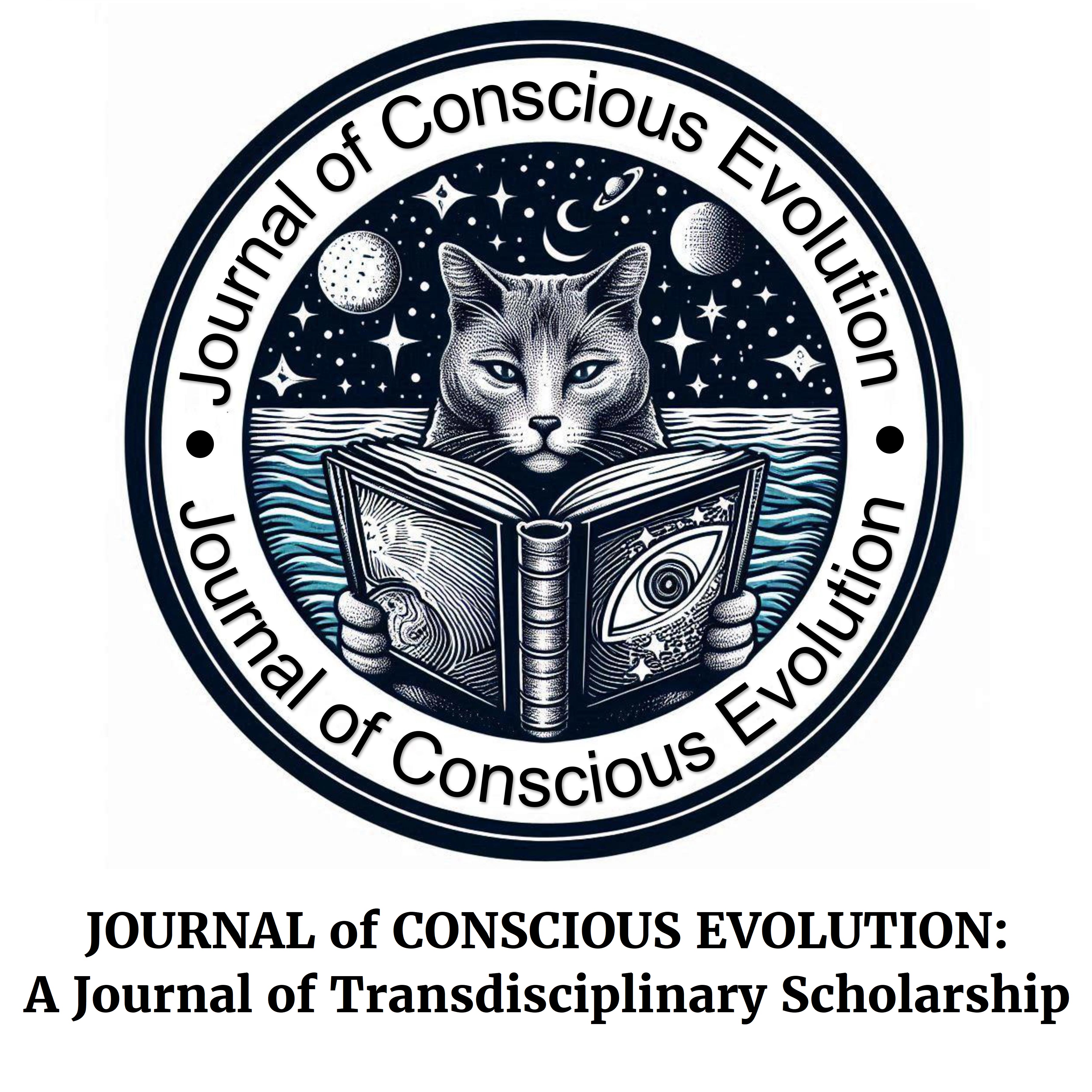
Abstract
In The Ever-Present Origin, Jean Gebser, in talking about the magical structure of consciousness[1], states: "All directing implies a consciousness process" (EPO 49). And so to die is to become not consciousness, to lose the power to direct, ultimately to lose control over our own destiny. Being only human, and realizing that death is often more real than an afterlife that we cannot experience while alive[2], we actively fight any loss of control-we fight the passage to death. In that directedness, the glimmerings of which began with magical consciousness, and that came to full awareness with the mental-rational consciousness, we exert control at every turn to put off the limitations of death and hold it in abeyance.
Perhaps putting consciousness on a chip is the last hurrah of the mental (rational) consciousness, the ultimate extension of instrumental rationality-the ultimate attempt to direct and be in control of life.
Do not go gentle into that good night. ... Rage, rage against the dying of the light. Dylan Thomas
Consider the uproar over the shooting of high school students by other high school students in Littleton, CO, as well as other scenes of violence and death in the last couple of years. Despite that fact that these are rare events, and generally getting rarer (statistically, though no less stark for their horror) there was and is a compulsive desire to eliminate every threat to life, at any cost. We want a death-free life, we want to eliminate all risk of death-we want only life with no scary interruptions. Some schools have gone as far as to remove all student lockers from school; some have put in transparent lockers; some require that all students wear transparent book bags, and some have eliminated all book bags and backpacks so nothing foreign or hurtful can be brought into the school. Is there anything we could ever do to insure that death will not catch us? If there is we are probably already trying to do it-we want only life without death-total control.
Death is a very dull, dreary affair, and my advice to you is to have nothing whatever to do with it. William Somerset Maugham
Generally, we are compulsive about putting off death-death the disease of old age (Victoria Sharpe in Wade 1999). Who could imagine that any of us wouldn't want to extend his or her life. That any one of us wouldn't want to avoid death seems absurd to most people. Only a saint or a fool thinks otherwise, and even saints are sorrowful about the actual event of death for they have lived and know the enlightenment of living.
Recommended Citation
Purdy, Michael. (2018). The End of Death? Conscious Life in Global Cyberspace. Journal of Conscious Evolution, 1(1). https://digitalcommons.ciis.edu/cejournal/vol1/iss1/2
Included in
Anthropology Commons, Cognition and Perception Commons, Cognitive Psychology Commons, Developmental Psychology Commons, Philosophy of Mind Commons


